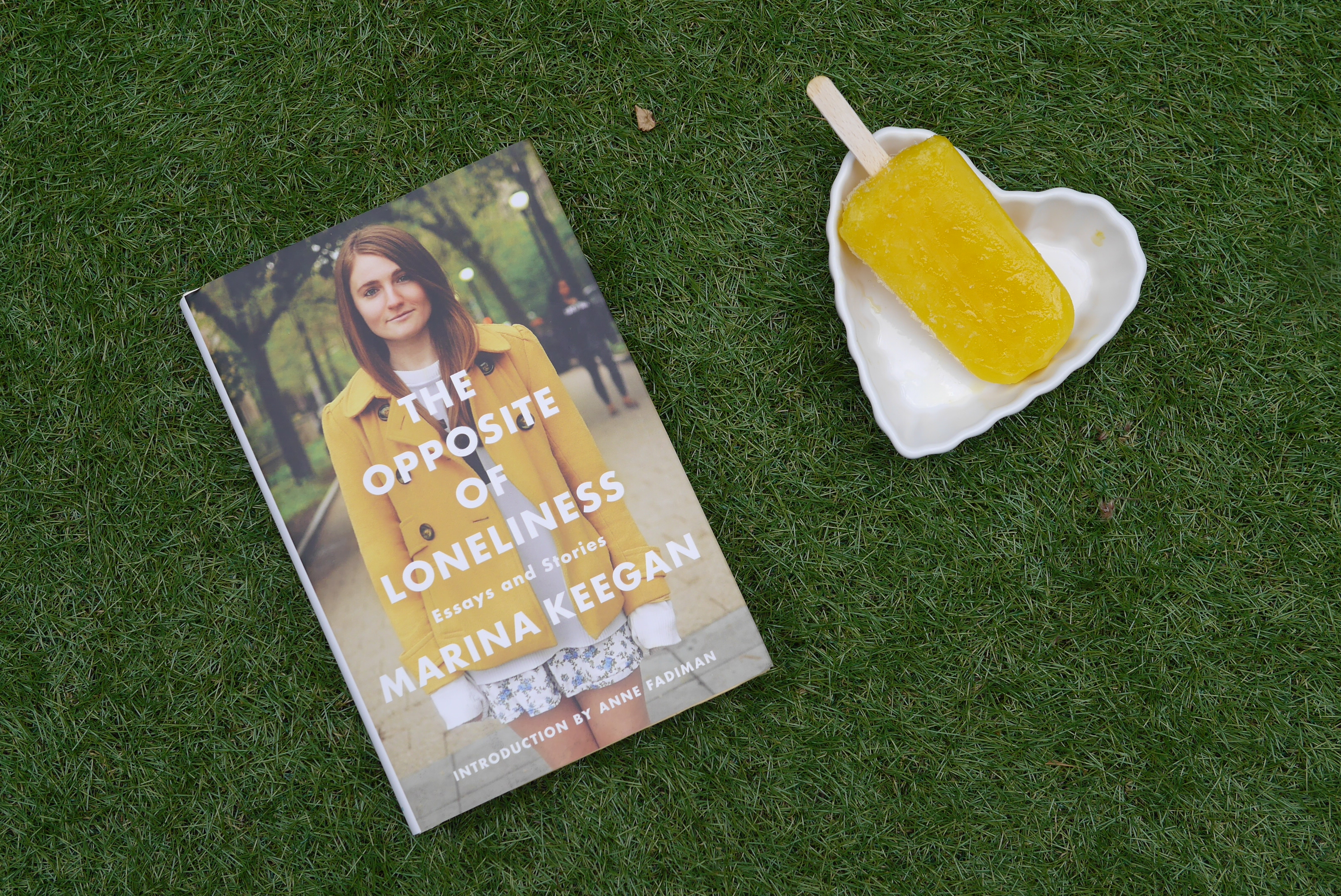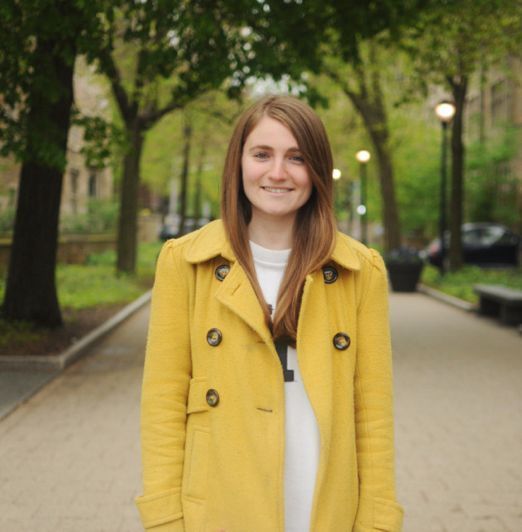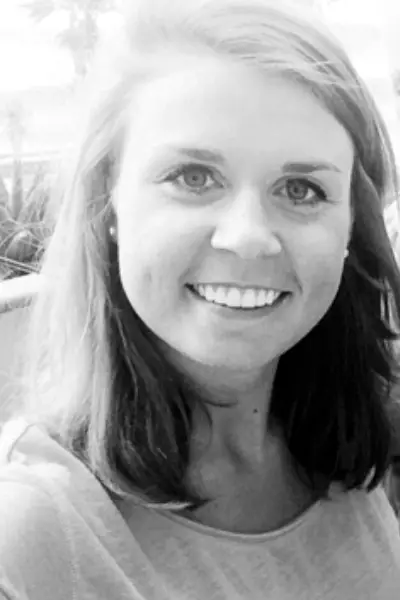I’ll be the first to admit that I’m an emotional person and that it doesn’t take much to get me misty-eyed. Something as simple as a sappy Folger’s coffee commercial is enough to make me cry. I’ve done it numerous times. Yet, I know that I have different levels of emotion, and I know when I’ve seen/read/heard something truly impactful.
“The Opposite of Loneliness” is a prime example. Marina Keegan, who graduated magna cum laude from Yale in 2012, wrote this essay for a special edition of the “Yale Daily News.” The edition was distributed at the May 2012 commencement exercises. Five days after graduation, Marina tragically died in a car accident. After her death, “The Opposite of Loneliness” went viral, striking a chord with people from all walks of life. I’ve read this essay at least a dozen times, but each time I feel the same waves of emotion. The impact of the essay has not lessened and I don’t think it ever will.
Marina’s piece is about unity and the uncertainty of the future. Because Marina wrote the essay when she was preparing to graduate, college students like me can easily relate. I think I speak for many who are nearing the same transition phase that I am, and Marina once was, when I say that it’s the unknown future ahead of us that scares us the most.
Marina wrote the piece as she was facing college graduation, and although I still have a year left of school I already feel the same emotions portrayed in her essay. What if I can’t find a job? What if I’m forced to settle for a position that I despise going to every day? Will I have friends? Will people hang out with me on the weekends? Will I be lonely? Scared? Not emotionally equipped for the real world?
I could probably sit here for another hour and a half writing all the questions that ceaselessly flow through my head, but I digress. The future is one of the most daunting forces and everyone faces an uncertain destiny. Pretty deep shit, I know. I’m the kind of girl who likes to have a plan and know what’s coming my way. But, as I’m learning, this is nearly impossible to accomplish because life has a mind of it’s own. Sigh.
“The Opposite of Loneliness” addresses Marina’s feelings of apprehensiveness. Her biggest push is that she feels a sense of community and comfort at Yale. The people she attended university with came from very diverse backgrounds, as is any college population is. Yet, whether it was knowing that her peers faced the same uncertainty of the future or that she felt safe and at home on the campus, Marina felt—wait for it—the opposite of loneliness at Yale.
When people know that change is coming and that life is soon going to be dramatically altered, they sometimes cling tightly to their way of life until that inevitable change looms overhead. I think that’s what happens when college graduation comes marching at students.
For me, I know that life is going to make a crazy shift in a year, but right now I just want to embrace what I have.
I’m part of a collective body here at Iowa State University and this makes me feel like I’m not alone. I don’t ever want to face a day where these feelings cease to exist. I think that’s exactly what Marina felt at the time she wrote her essay. I can only hope that my future job and career allows me to be a part of a similar larger being.
I also believe that Marina’s essay can be stretched to apply to anyone at any stage of their life. I believe “The Opposite of Loneliness” shares a lesson that every person needs to hear. We live in a world where people are terrified or hateful of people who don’t share the same religion, skin color or sexual orientation.
People shun those who are different, leading some to feel like outcasts and act in irrational manners. At the core of the human being, I think people just want to be accepted and feel like they’re a part of a community of people. Nobody wants to feel lonely. Nobody wants to feel dejected. Whether you’re on a college campus, at a job, with family or with friends, you want to feel a part of something. When we take that feeling away from someone or bar them from ever getting to experience those wholesome sentiments, we exclude them from the greatest part of the human condition. Those warm and fuzzies inside of us, for lack of a better word (s).
Marina discusses that there is no word for the opposite of loneliness, but if there was that’s exactly how she felt being part of a body at Yale. I feel the same way at my university. Watching and reading the news every day makes me realize that people like Marina and I are lucky to have such feelings. Not everyone is at a stage in their lives where they’re able to feel anything but loneliness. This knowledge makes me all the more grateful for the hand I’ve been dealt.
Marina wrote this essay as an outlet for her consciousness, or lack thereof, of what was ahead of her after graduation. She desired to express how grateful she was to have felt the opposite of loneliness at Yale, and how she just wanted those feelings to continue. Unfortunately, this bright young woman never got to experience what awaited her in the world.
She left us with a profound artifact, and although I feel heartbreak that her life ended only days after her college graduation, I am thankful that she was willing to share such a beautiful essay with her graduating class. This young woman’s written word has impacted my life and the way I view my college career. I embrace where I’m at in life more than ever, and I hope with all my being that my life continues to be the opposite of loneliness.











